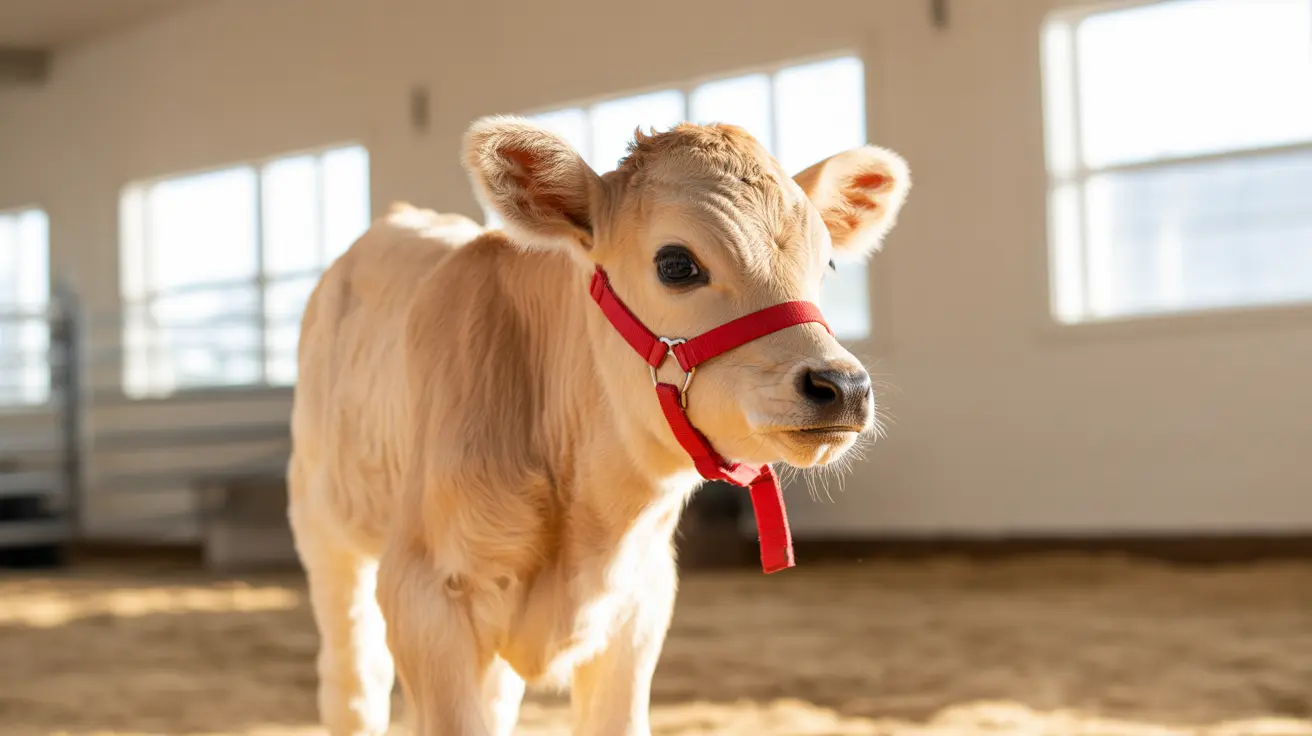Can Pears Upset a Dog's Stomach? What Pet Owners Should Know
Pears are a delicious and nutritious fruit loved by many humans, and dog owners might be tempted to share them with their furry friends. While pears can be safe for dogs in small amounts, it's important to understand how they affect a dog's digestive system and what precautions should be taken to avoid stomach upset.
Are Pears Safe for Dogs?
Yes, pears are generally safe for dogs when given in moderation. They contain vitamins such as vitamin A and vitamin C, as well as fiber that can be beneficial for digestive health. However, like many human foods, the way pears are given to dogs plays a crucial role in how their bodies react.
Can Pears Cause Stomach Upset in Dogs?
Yes, pears can cause gastrointestinal issues in dogs under certain circumstances. Here are the main reasons:
- Overconsumption: Feeding your dog too many pears can lead to diarrhea or stomach pain due to their natural sugar and fiber content.
- Seeds and Core: Pear seeds contain cyanide, a toxic compound that can be harmful or even deadly to dogs if ingested in large amounts. The core can also be a choking hazard.
- Sensitive Digestive Systems: Dogs with more delicate tummies may react badly even to small amounts of pear.
- Added Ingredients: Canned pears or cooked pears with added sugar and spices can definitely upset a dog’s stomach and should be avoided entirely.
Signs That a Pear May Have Upset Your Dog’s Stomach
If your dog has eaten pear and is experiencing discomfort, look for the following symptoms:
- Vomiting
- Diarrhea
- Lethargy
- Loss of appetite
- Bloating or gas
- Whining or signs of abdominal pain
If these symptoms occur after eating pear, it’s best to contact your veterinarian to ensure there are no underlying issues.
How to Safely Feed Pears to Your Dog
To minimize the risk of an upset stomach, follow these safety tips when offering pears to your dog:
- Wash thoroughly: Clean the pear to remove pesticides or harmful residues.
- Remove seeds and core: Always eliminate the core and seeds before giving pear to your dog.
- Cut into small pieces: Slice the pear into manageable, bite-sized chunks to avoid choking.
- Serve plain: Offer fresh pear without sugar, syrup, or seasoning.
- Moderation: Limit the serving size to a few small pieces as an occasional treat.
Benefits of Pears for Dogs
When given properly, pears can provide some health benefits for your dog:
- Dietary Fiber: May help with digestion and bowel regularity.
- Vitamins: Contribute to immune health, eye function, and skin condition.
- Hydration: Pears have high water content, making them hydrating in warm weather.
When to Avoid Feeding Pears
There are times when it’s better to skip pears altogether:
- Your dog has a sensitive stomach or history of gastrointestinal issues.
- Your vet has advised against feeding fruits due to dietary restrictions or medical conditions.
- The pear is overripe, spoiled, or treated with chemicals.
Alternatives to Pears
If pears upset your dog's stomach or you want to try other healthy treats, here are some alternatives:
- Apples (without seeds and core)
- Blueberries
- Carrot sticks
- Pumpkin
- Cooked sweet potatoes
Conclusion
Pears can be a tasty and healthy treat for dogs when served correctly and in moderation. However, they can cause stomach upset if overfed or served improperly. Always remove the seeds and core, start with a small amount, and observe how your dog reacts. As with any new food, when in doubt, consult your veterinarian first.





